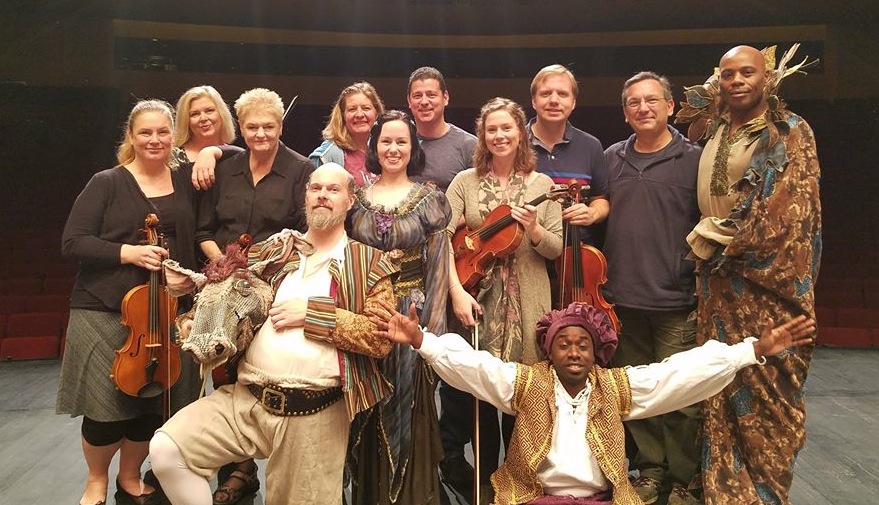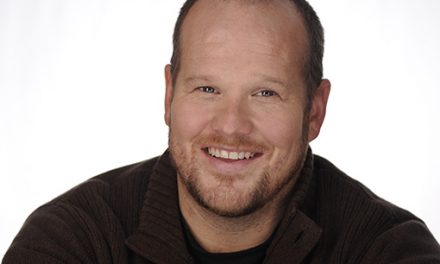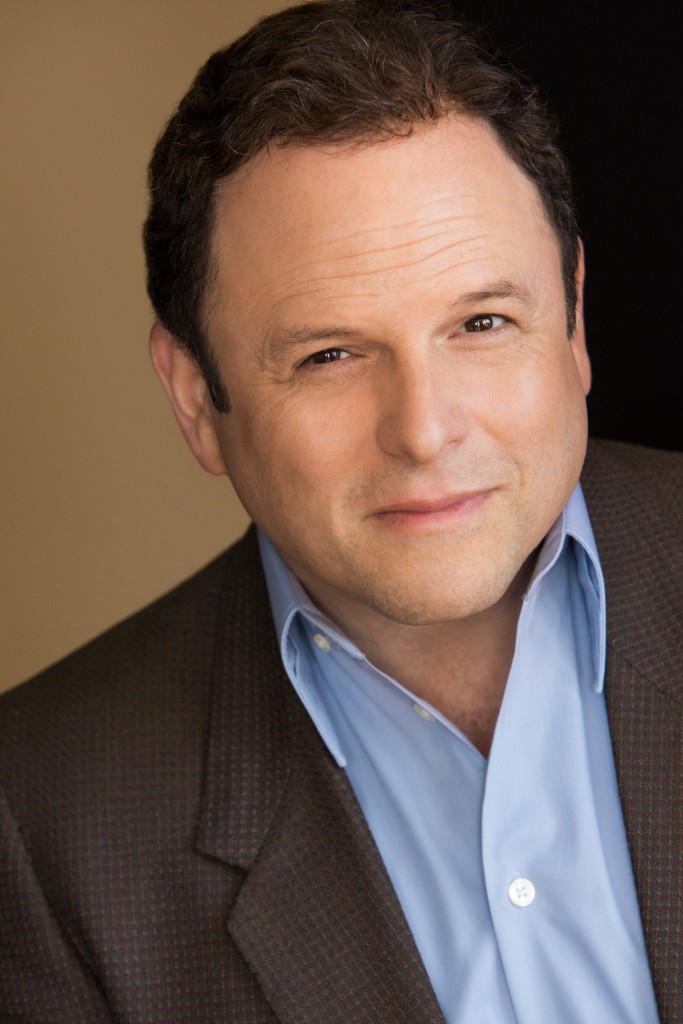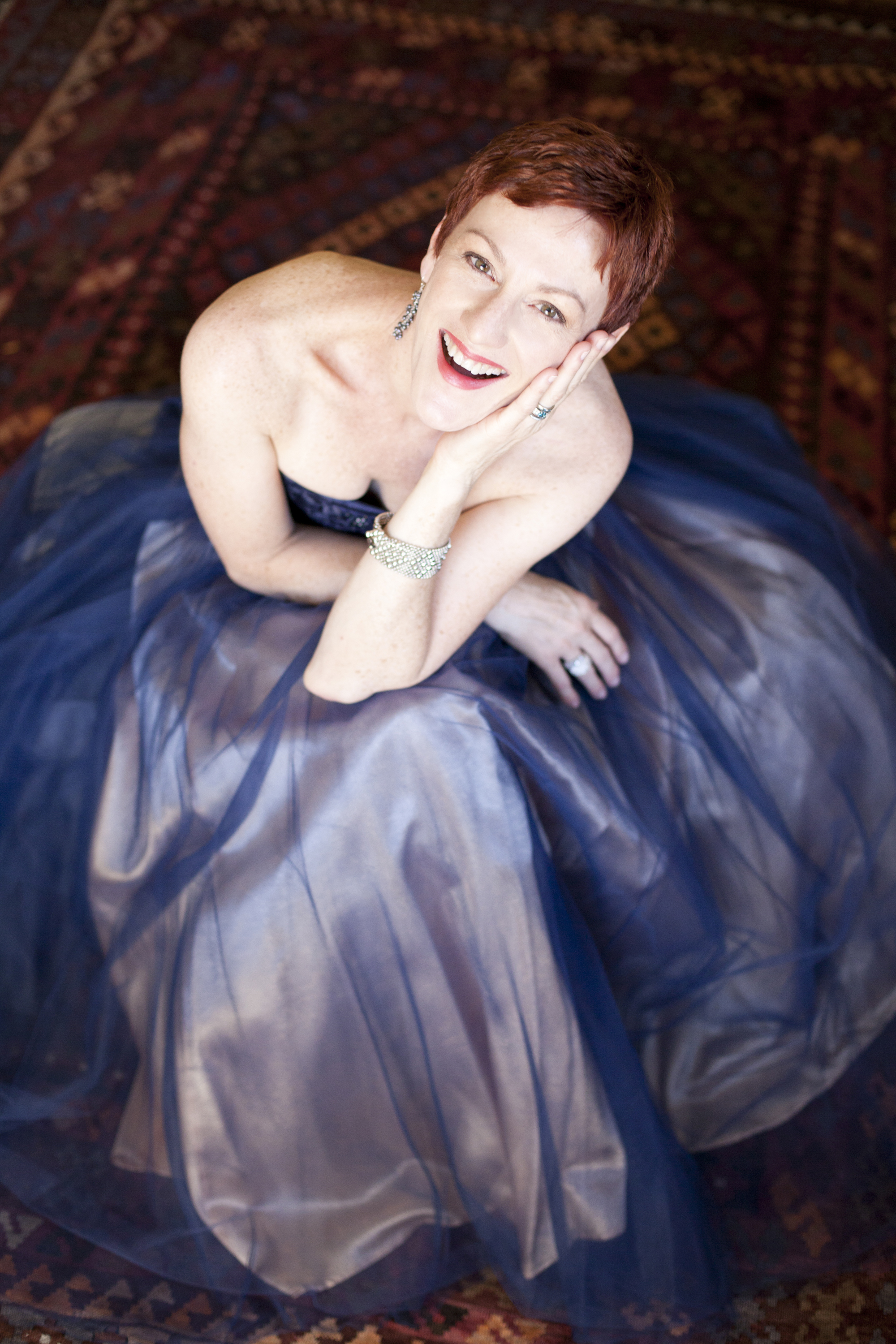Shakespeare in Music
Louisville Orchestra
Teddy Abrams, Conductor
Review by Annette Skaggs
Entire contents copyright © 2016 Annette Skaggs. All rights reserved.
Kentucky Shakespeare actors with the Louisville Orchestra viola section.
Photo courtesy of Kentucky Shakespeare.
Make no mistake, Louisville and its surrounding area, are very fortunate when it comes to the Arts. Not only do we get to enjoy world-class performances of theater, visual art, dance and music, but we also get to witness pieces of history through our museums, such as the Frazier Museum. Through the month of November you have the opportunity to come look at the First Folio, which happens to be the first collected edition with 36 of William Shakespeare’s plays, published in 1623. The Folio usually resides at the British Library but is currently on a tour through the Folger Shakespeare Library. I sincerely hope that you take the time to come see this magnificent collection.
So what does our Louisville Orchestra’s Music Director Teddy Abrams do to commemorate this event? Plan an evening of music influenced by some of Shakespeare’s most well-known works, of course. But wait a minute, Louisville is graced by the outstanding Kentucky Shakespeare Company…let’s include them too. Collaboration can be a great thing.
As the good Maestro took the stage, the lights went dark, save for a top light over percussion, and the sound of thunder permeated Whitney Hall, then the familiar voices of Gregory and Abigail Maupin begin to recite a passage from Macbeth, Act I, Scene I, “…Fair is Foul and Foul is Fair…”, from backstage as the orchestra bounded into Sir Arthur Sullivan’s Macbeth Overture. Yes, indeed, it is the same Arthur Sullivan of Gilbert and Sullivan fame. Aside from his success with W. S. Gilbert, Sullivan was an acclaimed composer on his own. One of his most often performed pieces remains Onward, Christian Soldiers. The Macbeth Overture is only rarely performed, but is an interesting interpretation of the “Scottish Play”.
Composer Hector Berlioz took a chance and wrote a piece with Queen Mab in mind, with his Scherzo from Romeo et Juliette, Op. 17. Mercutio, played by Kentucky Shakespeare’s Byron Coolie, enlightens the audience about the magical powers of Queen Mab, who he believes has visited his lovesick friend Romeo. As with many Scherzo movements, it is easy to rush the phrases and Maestro Abrams had to pull the reins once or twice, but nothing too obvious. The piece is treated deftly, with a light touch, just as one would believe that a Fairy Queen would be.
Felix Mendelssohn-Bartholdy wrote what is quite possibly one of the most recognized pieces of music ever, widely known as The Wedding March. While this piece is part of a bigger work – Ein Sommernachtstraum, there is no question that it is easily recognizable and helped to propel Mendelssohn into the Composers Hall of Fame. The Overture to his A Midsummer Night’s Dream is certainly no different. Cleverly using musical techniques to imitate what a Fairy might sound like in the winds and Bottom’s braying “Hee-Haw” in the strings were delightful highlights. Another indelible moment was watching Abigail Bailey Maupin, as Titania, asleep against the Maestro’s stand, when the music stopped and Gregory Maupin entered as Bottom (complete with a donkey’s head). Titania awoke and the two offered the famous speech of bewitched love toward Bottom, but then Titania’s husband Oberon (Dathan Hooper) came on stage and the two offered these lines: “…sing and dance it trippingly….hand in hand, with fairy grace, will we sing and bless this place.”, then a beautiful string melody filled the stage. Wonderfully realized.
No sooner did the Overture to Midsummer end than we saw Gregory Maupin appear on stage once again, this time as Falstaff from King Henry IV, Part 1. Sitting on the stage, Mr. Maupin recites the famous “What is Honor?” speech, with panache.
While I enjoy Verdi’s opera Falstaff more, I have to say that the choice of Sir Edward Elgar’s Falstaff, although it is not performed as often, was a better fit for this program. The British influences in the instrumentation made me think of the portly Falstaff and his allegiance to the King. Although this piece was successful, his Pomp and Circumstance has gotten most of the glory. From what I do know about this Orchestral Work, on the whole, it is thematic and technical. The Louisville Orchestra’s interpretation was spot on.
Maestro Abrams got the audience jumping with Leonard Bernstein’s “Mambo” from West Side Story. What a fantastic cacophonic sound! The percussionists were on full tilt and showed it. And of course our dear Maestro looked to the audience for a little help in shouting “Mambo”.
The “main event” of the evening was excerpts from Sergei Prokofiev’s ballet Romeo and Juliet. Thanks to the educated and well-researched Program Notes by Deanna Hoying, I learned it is not unusual that this ballet is not always performed in its original configuration. In fact, many music directors and conductors use the movements in their own direction and order, and Maestro Abrams followed suit. From what was chosen it was not hard to follow the moments of contention between the Montagues and Capulets, where the orchestration was fierce and fiery. When Romeo and Juliet share their love for one another the audience was graced with the presence of the Louisville Ballet’s Christy Corbitt and Mark Krieger dancing to the passage. Between the dancers and Prokofiev’s writing, it is not hard to note the passion and innocence of the two lovers. Solo turns from first and second violin, viola, and cello conjured visions of love against the menacing theme of darkness that the tuba emits in heavy tones. It is within these instrumental juxtapositions that Prokofiev leaves the audience moved with emotion. The Orchestra had us in the palms of their hands.
If I may, I’d like to wish a Happy Retirement to violinist Barbara Meek. She made her appearance with the Louisville Orchestra 50 years ago, under the baton of Igor Stravinsky playing his Firebird Suite. She is the last member to have worked with the Louisville Orchestra’s founder, Robert Whitney. Thank you for keeping your bow well rosined and your fingers nimble for so many talent-filled years, Ms. Meek.
Bravi, Tutti!!!
Shakespeare in Music
November 18 & 19, 2016
Louisville Orchestra
Whitney Hall, The Kentucky Center for the Arts
501 West Main Street
Louisville, KY 40202
louisvilleorchestra.org
Annette Skaggs is heavily involved as an Arts Advocate here in Louisville. She is a freelance professional opera singer who has performed throughout Europe and in St. Louis, Cincinnati, Boulder, Little Rock, Peoria, Chicago, New York and of course Louisville. Aside from her singing career, she has been a production assistant for Kentucky Opera, New York City Opera, and Northwestern University. Her knowledge and expertise have developed over the course of 25+ years’ experience in the classical arts.





